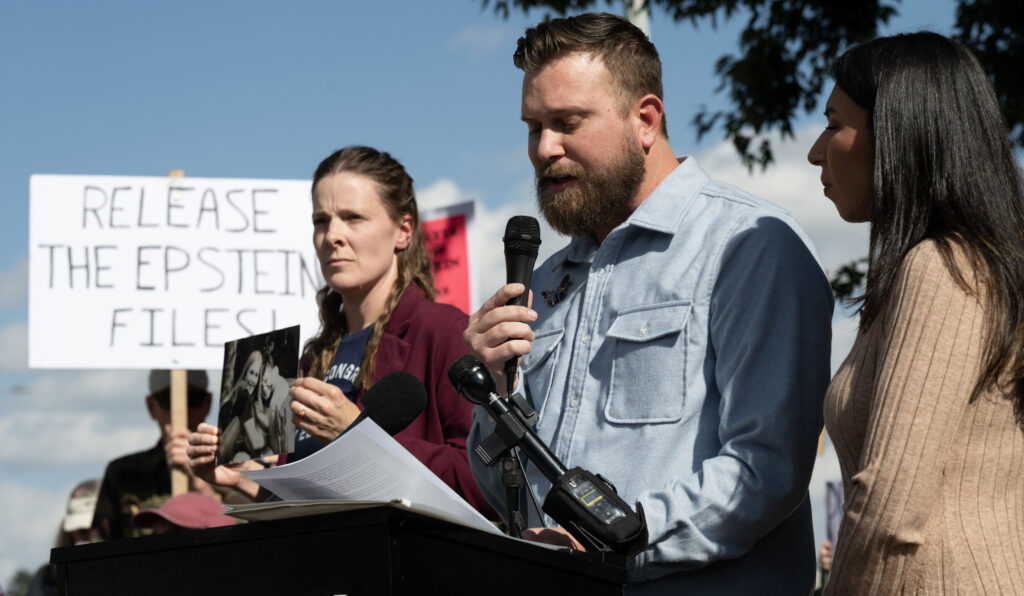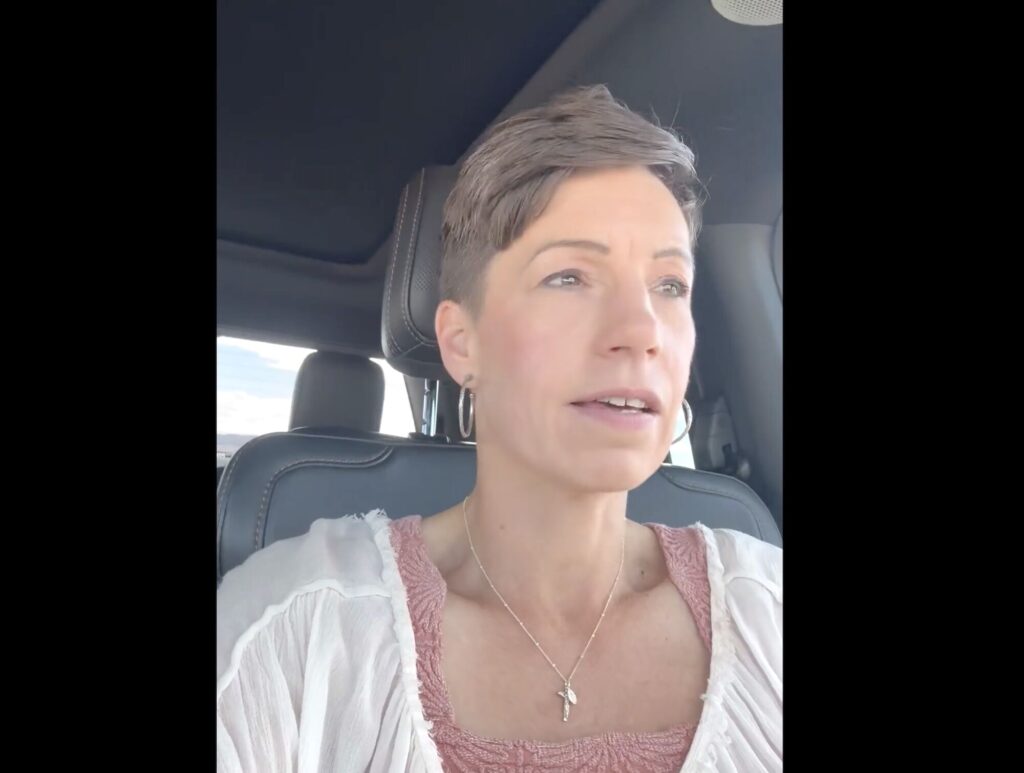Colorado lawmakers face tight deadline with 257 bills pending with 9 days left in 2025 session
With nine days to go in the 2025 legislative session, lawmakers have 257 bills remaining out of the 652 bills introduced.
That includes 21 more bills added in the past week, 42 fewer than a year ago.
The remaining bills and resolutions include some of the more controversial measures of the 2025 session.
House Joint Resolution 1023 has been waiting for a House vote since April 7. The resolution would direct the General Assembly to file a lawsuit challenging the constitutionality of the TABOR, Taxpayer’s Bill of Rights, amendment. The resolution won a 7-6 vote from the House Finance Committee, with one Democratic lawmaker, Rep. Bob Marshall of Highlands Ranch, voting “no.”
But the measure’s future appears gloomy. With just over a week before adjournment, the bill’s final vote in the House has been delayed for more than three weeks, a sign that it doesn’t have the votes, even with a 43-22 Democratic advantage in the House. The bill needs only a simple majority to win approval.
Another bill stuck in limbo is Senate Bill 5, the collective bargaining bill that would strike the second election on a union vote. Gov. Jared Polis has clarified that he wants to see a compromise between labor and business, but that has yet to happen. The bill was sent to the House on April 8 for its second reading debate and has languished there ever since.
A bill introduced on the first day of the legislative session, Senate Bill 48, which has a $76 million price tag, finally won approval from the Senate Appropriations Committee on Tuesday. Senate President Pro Tem Dafna Michaelson-Jenet, D-Commerce City, sponsors it.
It would require health insurers to cover lifestyle therapy, bariatric surgery, and anti-obesity medication for the treatment of chronic obesity and pre-diabetes. The state would require a federal waiver to provide those treatments. The estimated $76 million state cost would be for Medicaid. However, the bill includes language stating that the Department of Health Care Policy and Financing would have to implement the bill with existing appropriations.
High Medicaid utilization has already resulted in overexpenditures in this area. Half of the state’s $1.2 billion general fund shortfall for the 2025-26 budget was due to Medicaid.
House Bill 1297, which would shift some of the state’s reinsurance funds to the state’s health insurance program for undocumented residents, has also run into trouble with the House Finance Committee. The bill doesn’t have the votes to clear the committee. The Committee held a hearing on it on April 24 but delayed the vote, and the bill has yet to show up on a finance committee agenda since then.
The House still has about 124 bills pending, including 27 House bills that still need committee approval and 62 House bills that haven’t yet moved to the Senate.
As of Monday, 132 Senate bills were awaiting action, 27 were still awaiting committee action, and 55 were not yet completed.
Among the bills on a holding pattern is House Bill 1169, which would allow churches, school districts, colleges, and universities to build affordable housing on their land. The bill passed its hearing with the Senate Local Government and Housing Committee on March 27 and has been waiting for its Senate debate ever since.
The bill, known as YIGBY, “Yes in God’s Backyard,” would require local governments to allow residential development on land owned by institutions.
Sen. Tony Exum, D-Colorado Springs, is one of the bill’s Senate sponsors and told Colorado Politics the bill doesn’t yet have the votes to clear the Senate.
He pointed out his church has been engaged in this area: It sold two acres of land to a community development corporation expressly to build affordable housing, which required zoning changes and permission from the city.
The bill does raise one other issue: property taxes. The institutions included in the bill are mostly non-profits, meaning they don’t pay property taxes, and Exum wasn’t sure if housing built on those lands and owned by those institutions would have to pay property taxes. That’s a longstanding issue for fire districts, for example, which must provide fire protection or firefighting services for non-profit properties without the property taxes that would pay for those services.
House Bill 1169 has drawn strong opposition from many local governments, Colorado Counties, Inc., and the Colorado Municipal League.
House Bill 1291, known as the Ride Share Safety Bill, would require transportation network companies to set up policies to prevent imposter accounts, account sharing, and account renting. It won approval on a party-line vote from the Senate Transportation & Energy Committee on April 22.
Since then, however, the bill has garnered media attention after Uber said it would leave Colorado if the measure became law.
Sen. Faith Winter, D-Westminster, told Colorado Politics Tuesday that she is working on amendments with the rideshare companies and that the bill is moving in the right direction. HB 1169 has been postponed to Thursday.
Of the 652 bills introduced in 2025, 107 have died in committee, and the House or Senate rejected nine on second reading or final vote. That includes two bills tied to the state budget.
As of Monday, Gov. Jared Polis has signed 157 bills and vetoed two, not including the budget bill. The social media bill, for which the Senate approved a veto override last week, didn’t have the votes for the override in the House.
Lawmakers are expected to decide on a veto override on Friday on Senate Bill 77, which would change the state’s open records law.











